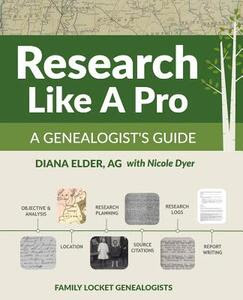In Praise of Study Groups

Study Group, courtesy of OpenClipart Desperation drove me to my first study group at university. A fellow student invited me, and the group swapped ideas about how to remember the masses of information we were given in an early-morning class. It really helped all of us, I think, and I was grateful. South King County Genealogical Society incorporated as "educational in character and devoted exclusively to furthering genealogical research and interest in family and local history." We offer lots of choices, and discuss other educational opportunities here in the blog. See Barbara Mattoon's series on "Your Genealogy Education Plan, Parts One and Two , " along with many other discussions of podcasts, seminars, videos, books, conferences. Copyright 2016 Blaine T. Bettinger Debbie Parker Wayne When some of us found Blaine Bettinger and Debbie Parker Wayne's book Genetic Genealogy in Practice and began discussing it in our Genetic Genealogy/DNA group , the i...





